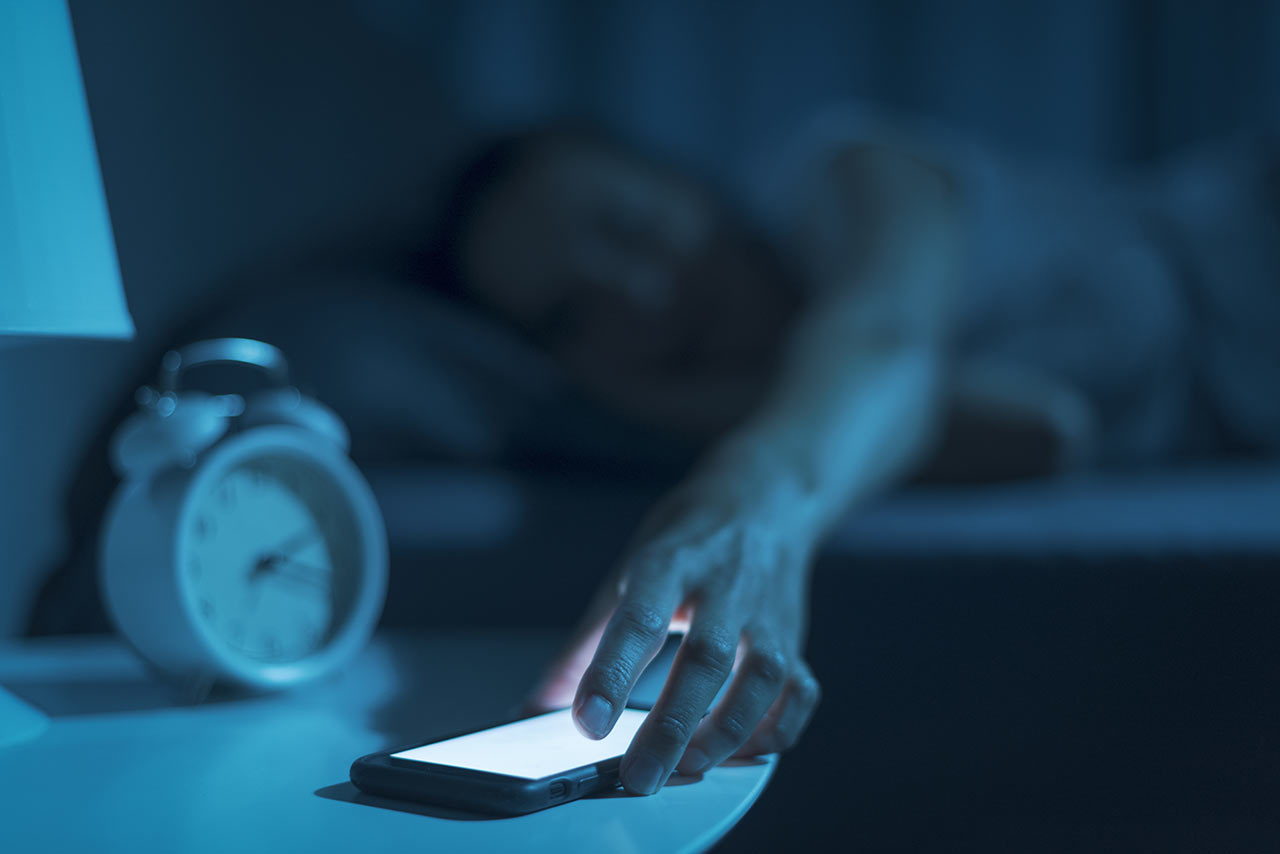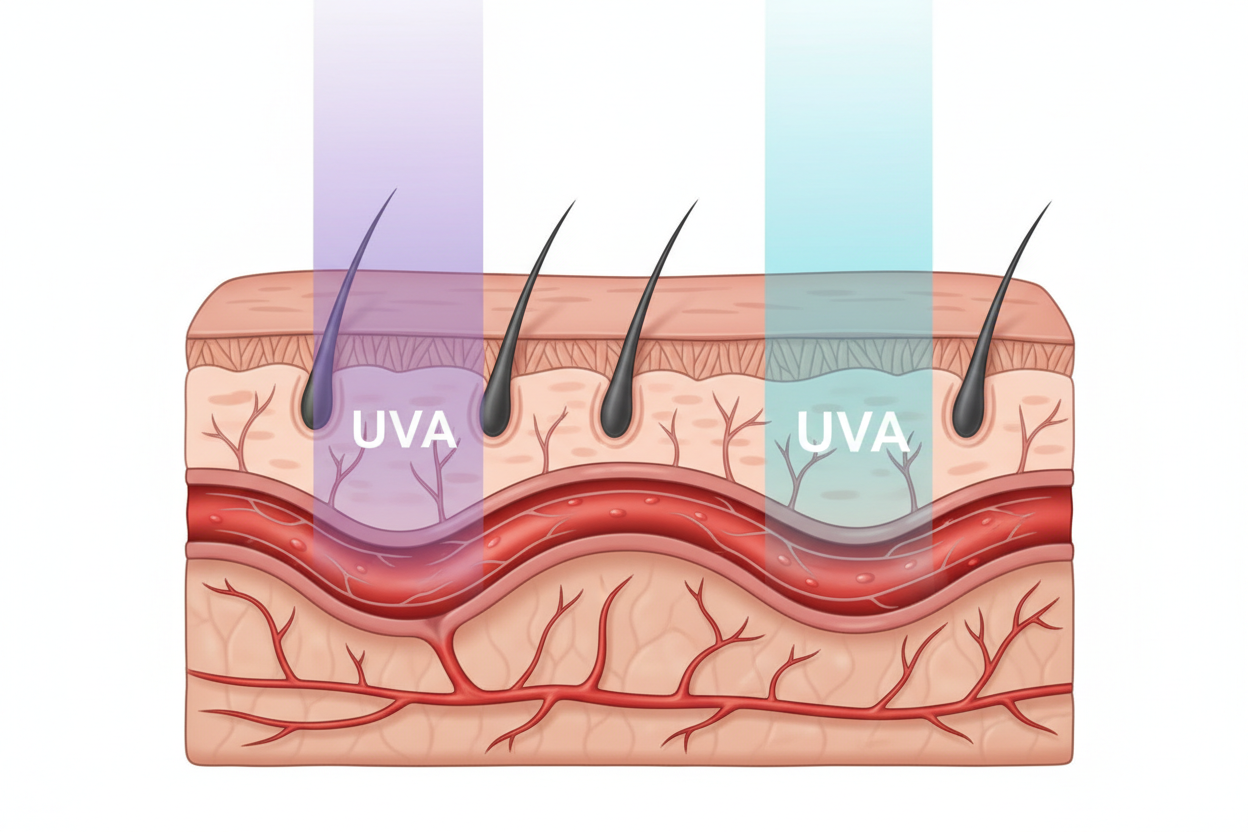Introduction
Many of us are familiar with recommendations regarding healthy eating and regular exercise as ways to prevent obesity. A less known but equally important factor that can contribute to weight gain is exposure to artificial light at night (ALAN). Scientific studies show that nighttime lighting can disrupt our biological clocks and affect our health.
What is ALAN and how does it affect the body
ALAN includes all artificial lighting we are exposed to after dark – from street lamps to light from screens. This light can suppress the production of melatonin, the hormone that regulates sleep and wakefulness. Low melatonin levels not only worsen sleep quality but can also increase appetite and reduce metabolic activity – all factors that contribute to weight gain.
Research and its findings
New study analyzed satellite images of nighttime lighting and obesity data from more than 80 countries. The results showed a strong correlation between nighttime lighting and higher obesity rates. Interestingly, this relationship was observed even after accounting for other factors such as living standards, urbanization, and dietary habits.
Health impacts and what to do about it
For those who want to improve their weight and overall health, it is important to minimize exposure to ALAN. Here are some tips on how to achieve this:
- Limit the use of electronic devices with screens at least one hour before bedtime.
- Use blackout curtains or blinds in the bedroom to make the environment as dark as possible.
- If you need light at night, choose sources with lower intensity and warmer light color.
Conclusion
Although our everyday environment is becoming increasingly "illuminated," it is important to understand the impacts that artificial light can have on our health. Consciously reducing exposure to artificial light at night can be a simple yet effective step toward improving our health and managing weight. Always try to consult lifestyle changes with your doctor or healthcare advisor to ensure your activities align with your personal health needs.





Leave a comment
This site is protected by hCaptcha and the hCaptcha Privacy Policy and Terms of Service apply.